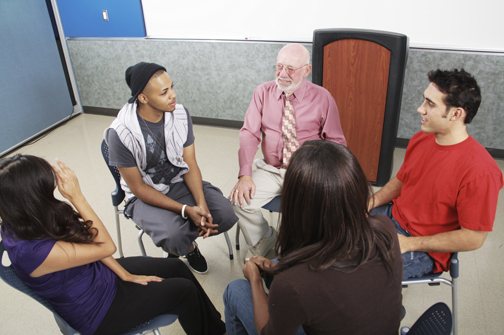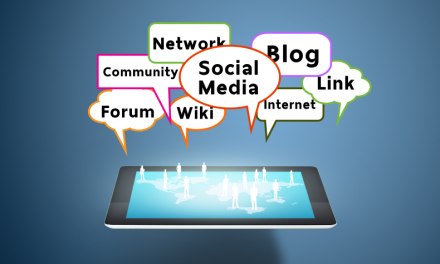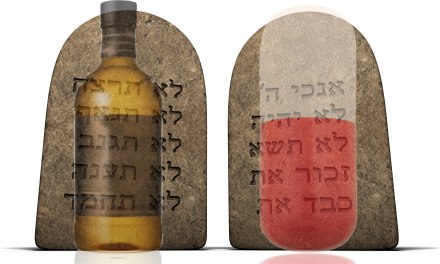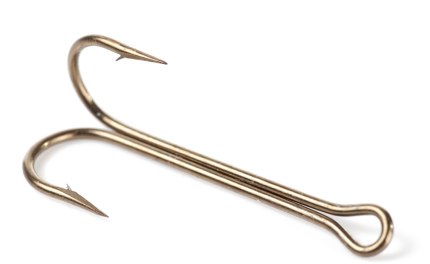(or any recovery support fellowship)
1. Realize that helping others is good for your own recovery.
Science has actually confirmed this through research. It’s even got a name: ‘the Helper Therapy Principle’. The more we exert ourselves to help those with problems like ours, the more concrete benefits we receive.
2. Introduce yourself to people at the meeting and express an interest in their experiences.
Much of what happens in recovery support fellowships takes place outside the meetings themselves — on the phone, over a cup of coffee, in small discussions and conversations. But the meeting is the best place to make contacts that can lead to more personal relationships.
3. Start out by listening to the discussion rather than dominating it
There’s a remarkable amount of helpful information about recovery that can be gained during the course of a meeting. But you won’t hear it if you’re busy talking.
4. Don’t expect free therapy
12 Steppers aren’t there as professional counselors. Their advice, however good, isn’t the same. If you need therapy, enroll in therapy.
5. You don’t need to like every meeting.
As you explore, you’ll find some meetings where the discussion really resonates with you, and one of those will eventually become your ‘home group.’
6. Don’t get upset and quit.
It’s not uncommon for somebody to say something at a meeting that you find offensive. Resist the temptation to drop out. Things get better. And if they don’t, later on you can buy a coffeepot and start your own darn meeting.
7. Stick with the winners
Some of the folks you’ll meet are presently in the grip of ‘stinkin’ thinkin’ – that resentful, mean-spirited, complaining, perfectionist, overcritical, needlessly negative frame of mind that eases the way back to drinking or drug use. You might want to help, but not at the risk of your own fragile recovery. Instead, seek out and bond with people who are positive about recovery and seem to possess the serenity that you would someday like to have.
Find more Tools for Recovery here.













